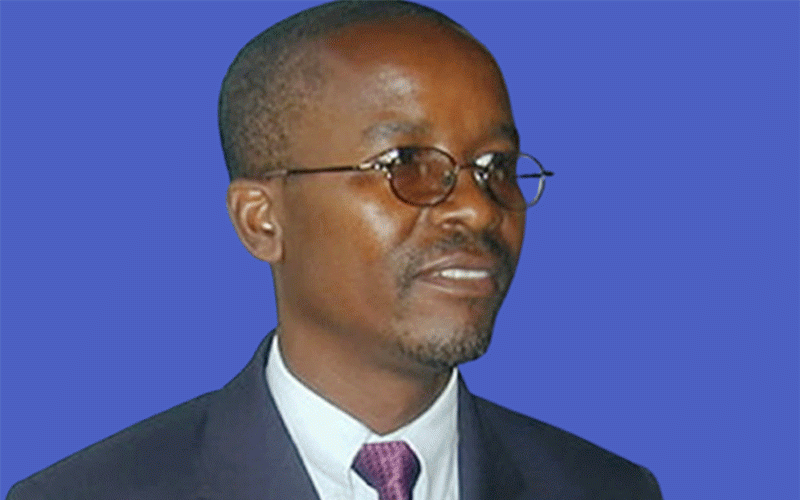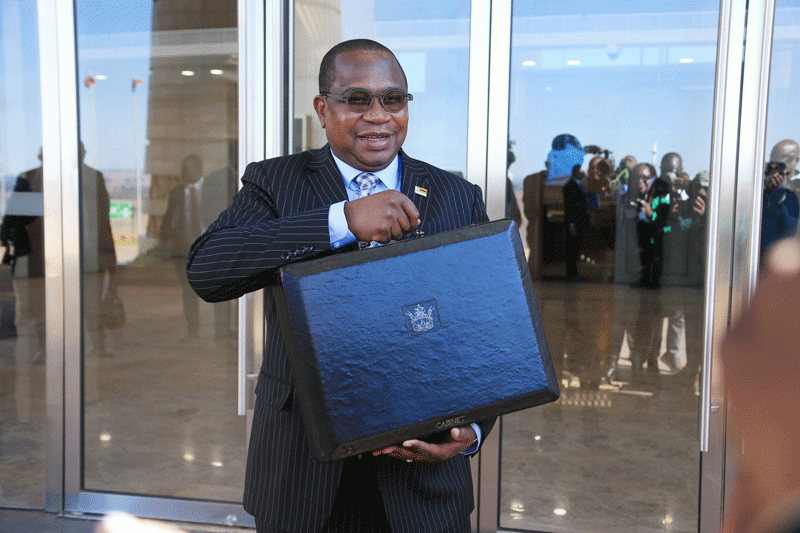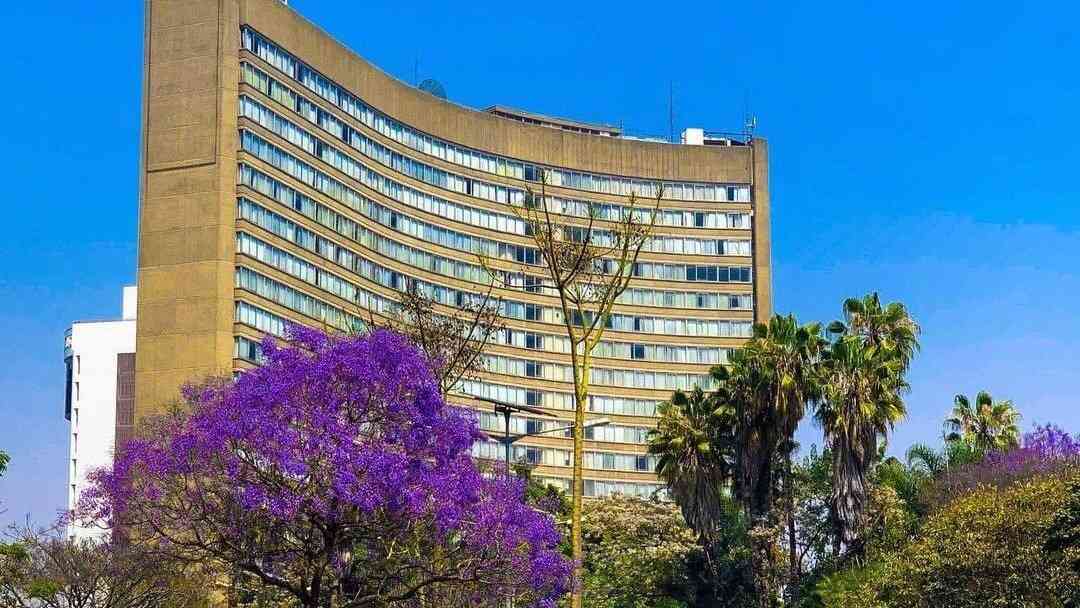SEVERAL rural district councils (RDCs) across the country have come under the spotlight amid allegations of rot following audits by relevant authorities.
The Zimbabwe's Anti-Corruption Commission (Zacc) is cracking down on rampant abuse of public funds in RDCs, with several arrests linked to the mismanagement of devolution funds.
The Auditor General's report identified financial mismanagement and non-compliance with accounting standards across numerous local authorities.
Councils in Mutoko, Norton, Umzingwane, Umguza, Harare, Hwange, Kusile, Mazowe, Mutasa, and Nyaminyami were all flagged for irregularities.
Since 2019, over ZWL$2 billion in devolution funds have been disbursed to local authorities, but a significant portion appears to have been diverted for personal gain.
Early this month, Bikita Rural District Council chief executive Peter Chibhi who was under investigation for several corruption cases committed suicide.
Tsholotsho Rural District Council chief executive officer Nkululeko Sibanda and executive finance officer Brighton Malandule are currently out on bail after they were arrested for abusing public funds in a borehole drilling contract.
According to court papers, Sibanda and Malandule, who are both responsible for procuring goods and services for the council and its arms, awarded a borehole drilling contract to Makhado Marketing without following the proper procedures and approval of the council.
Devolution funds have been turned into fodders for corruption, plundering and self-enriching by unscrupulous institutions and individuals across the country, NewsDay investigations have revealed.
Devolution was born out of Zimbabwe's 2013 Constitution Section 301 (3) which states that, “not less than five percent of the national revenue raised in any financial year must be allocated to the provinces and local authorities as their share in that year”.
Between 2019 and 2021, the government disbursed a total of ZWL$2 188 070 259 through the Local Government ministry for devolution in all rural and urban local authorities countrywide but in most cases the money has been abused and not achieved its intended target prompting Zacc into action.
Zacc pounced on Guruve chief executive officer Tinos Marisa who is facing abuse of office charges.
Marisa was arrested on various charges, among them theft of bricks, drilling boreholes at his farm using council property and misuse of devolution funds.
Acting Auditor-General Rhea Kujinga in her 2022 audit report found that local authorities had been misusing devolution funds, selling houses to managers and not providing basic infrastructure.
“I noted that most findings in local authorities continue to be in respect of financial mismanagement, non-compliance with international Public Sector Accounting Standards and International Financial Reporting Standards and laws and regulations, untaxed benefits, lack of adequate controls over contract management and management of stands sales and poor service delivery,” she said in the report.
While all local authorities have been receiving devolution funds so they can upgrade their capital spending and build, extend and repair infrastructure and their pool of capital equipment, some misused the money.
“I noted that some councils did not use the money as intended,” Kujinga.
Some of local authorities received disclaimer opinions; they could not provide any evidence that funds were used properly and among those hit by that damning opinion were Harare City Council, Hwange Local Board, Kusile Rural District Council, Mazowe Rural District Council, Mutasa Rural District Council and Nyaminyami Rural District Council.
“The lack of transparency on how these local authorities used public funds significantly compromised transparency and accountability and in turn affected service delivery to the public,” she said.
Efforts to get a comment from Zacc spokesperson Simiso Mlevu on how far they have gone with investigations were fruitless as she did not respond to messages sent to her by the time of going to print.





